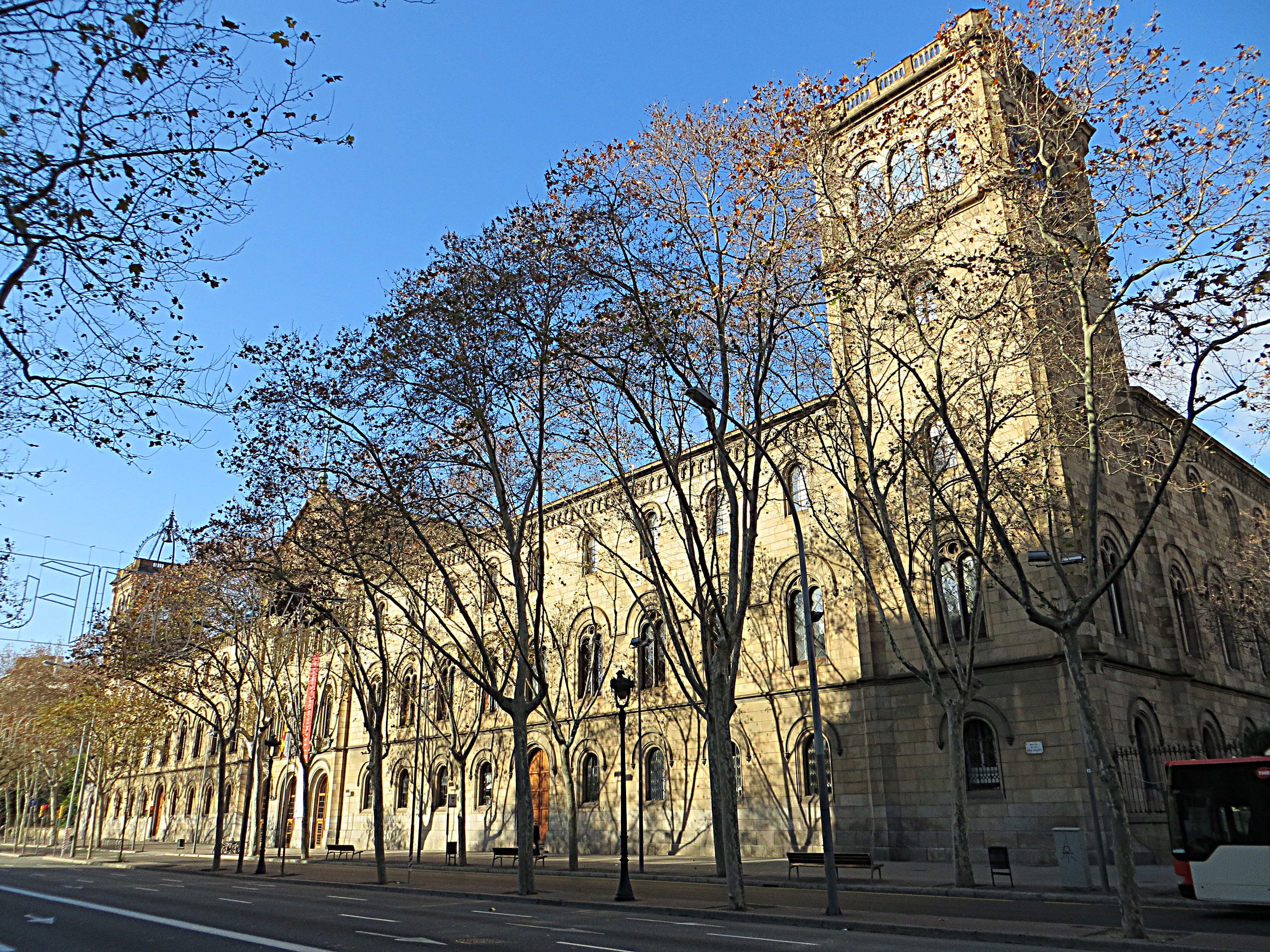
| 22/11 | 113 EH | 15.30-16.30 | Fernando Muro : Hypercommutative algebras and differential forms |
| 16.30-17 | Coffee break | ||
| 17-18 | Pedro Magalhães : Formality of Kähler manifolds revisited | ||
| 23/11 | 111 EH | 9.30-10.30 | Bashar Saleh : Algebraic groups of homotopy classes of automorphisms and operadic Koszul duality |
| 10.30-11 | Coffee break | ||
| 11-12 | Anna Sopena : Pluripotential Operadic Calculus | ||
| 12.15-13.15 | Victor Roca i Lucio : A new approach to formal moduli problems | ||
| S3 | 15.30-16.30 | Francesca Pratali : Linear dendroidal oo-operads | |
| 16.30-17 | Coffee break | ||
| 17-18 | Joost Nuiten : PD operads and partition Lie algebras | ||
| 24/11 | 111 EH | 9.30-10.30 | Alexis Aumonier : An h-principle for algebraic bundles and applications |
| 10.30-11 | Coffee break | ||
| 11-12 | Federico Cantero : On the cohomology of spaces of non-singular almost-complex hypersurfaces |